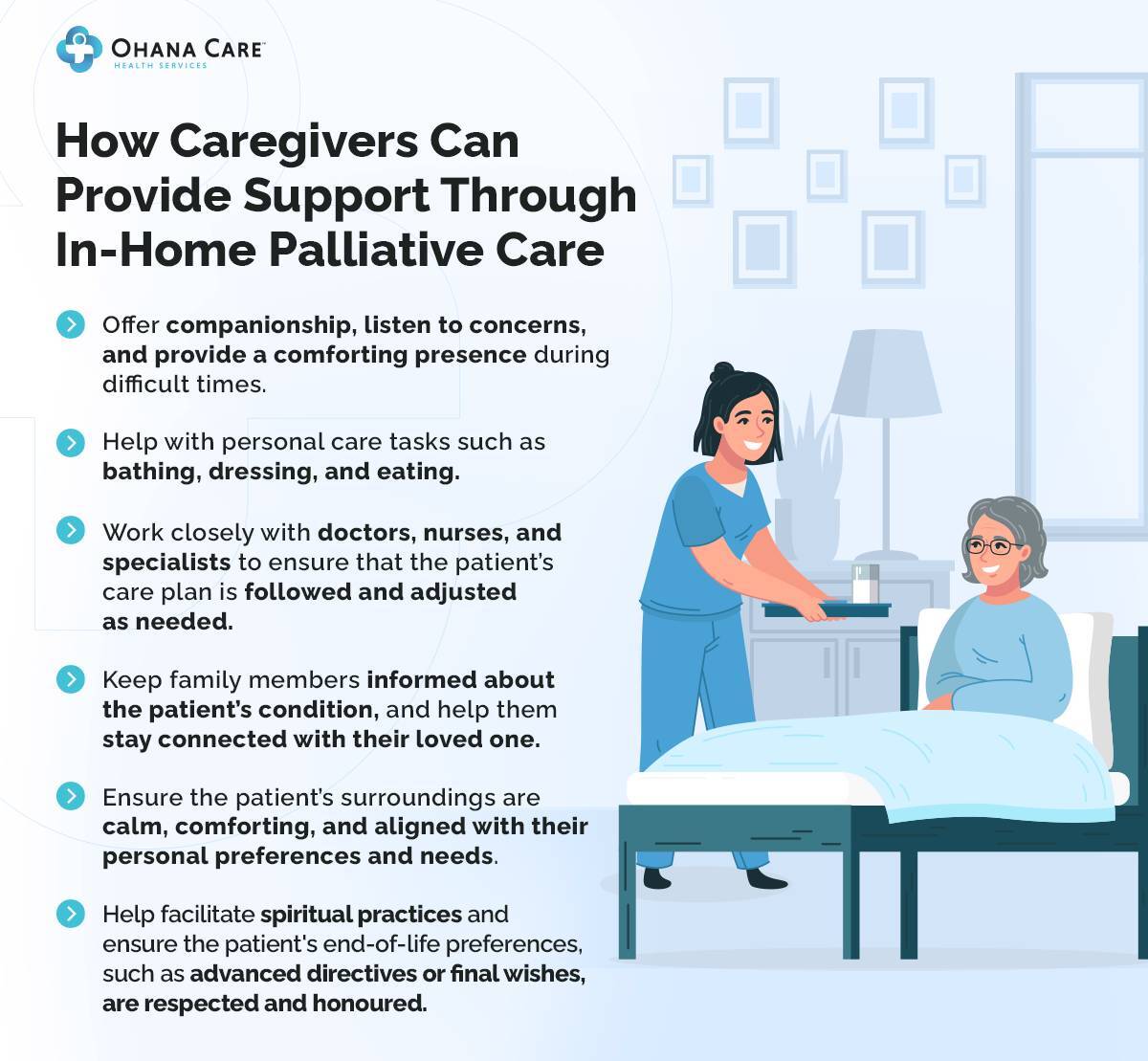As children, we often find ourselves tied to the hip of our parents as they provide the most comfort and safety. Then, as we get older, we tend to stray away, looking for our own independence. But, at a certain point in life, we tend to return to our parent’s side, wanting to spend more time experiencing life with them before they pass.
During our older years, it’s important to sit and connect with our parents to hear their life stories, the memories they created, and how they wish for their legacy to live on.
In this blog post, we list 99 important end-of-life questions you may consider asking your senior parents to ensure their life memories are preserved and wishes are honoured.
We’ve broken these questions down into 10 categories. Feel free to click on the category below to be taken to the respective section:
- Support and Communication
- Life and Legacy
- Health and Medical Care
- Financial and Legal Matters
- Funeral and Memorial Wishes
- Personal Relationships and Closure
- Spiritual and Emotional Wellness
- Cultural and Ethical Considerations
- Daily Life and Comfort
- Final Wishes and Reflections
When asking your loved ones some of the following questions about their end-of-life wishes, consider creating a journal or filming them so their exact answers are captured for you and your children to reflect on in the coming years.
Support and Communication Questions

Every person has unique preferences for how they want to be cared for and spoken to during their final stages of life.
Although some of the questions listed in this blog post take parents down memory lane, others are more difficult to discuss, such as finances or funeral wishes.
Before diving into some of the deeper and more difficult conversations, consider asking how they would feel most comfortable communicating their wants and needs with you.
- How can we best communicate with you about difficult topics?
- Do you prefer to have frequent updates or less information about your health care condition? (if applicable)
- What is the best way for us to support you emotionally?
- Are there specific topics you want to avoid discussing?
- How do you want us to handle conversations with other family members?
- What is the most important thing we can do for you right now?
- Is there anything you want to keep private or just between us?
- How can we respect your need for both solitude and companionship?
- What do you need from us to feel understood and cared for?
- How can we help you feel a sense of control over your situation? (if applicable)
Life and Legacy Questions

An interesting conversation topic you can bring up with your aging parents is about their personal lives, the relationships they created, and certain events they lived through.
Although you may think you know everything about your parents, you may discover moments you never knew happened. On the other hand, these questions may allow you to relive memories you were lucky to experience together.
The following questions can help you pass down their memories and life lessons to children and other family members.
- What are your most cherished childhood memories?
- Who has had the most significant impact on your life? Why?
- What accomplishments are you most proud of?
- What values do you hope to pass on to your children and grandchildren?
- What are the most important life lessons you’ve learned?
- Is there a family tradition you want to ensure continues?
- What advice would you give to future generations?
- What do you want people to remember most about you?
- What’s an experience you wish you could relive?
- What legacy do you hope to leave behind?
Health and Medical Care Questions
Whether your parents are still up and active or facing their later years, discussing their health and medical care wishes is important. That way, you can make informed decisions that align with their wants and needs in the future.
- What are your wishes regarding medical treatment if you become unable to communicate?
- Do you have a living will or advance directive in place?
- Who do you trust to make healthcare decisions if you cannot do so?
- Are there any medical treatments you wish to avoid?
- What are your thoughts on life support and resuscitation efforts?
- How do you feel about pain management and comfort care?
- Is there a specific primary care physician or caregiver you prefer to oversee your care?
- Do you want to be at home, in a hospital, or in a hospice when the time comes?
- What are your thoughts on organ donation?
Legal and Financial Questions
Discussing finances can be a challenging topic to talk about with not only your parents but anyone.
However, to ensure you provide peace of mind for your loved ones, it’s important to ask some of these tough questions so you can respect and properly manage all their financial and legal preferences when they’re gone.
- Do you have a will or estate plan in place?
- Do you have a power of attorney? Who?
- Who is the executor of your will?
- Do you have a life insurance policy?
- Are there any specific financial gifts you want to leave to anyone?
- How would you like your estate to be handled?
- Do you have any outstanding debts that need to be addressed?
- Who should be contacted about financial matters after you pass?
- Are there any organizations you wish to support through your estate?
- Do you have a list of important legal documents?
- Is there anything else we should know about your financial situation?
Funeral and Memorial Wish Questions
We understand that asking your parents questions about their funeral arrangements and memorial wishes won’t be easy. However, knowing the answers to the following questions can ensure their farewell reflects their personal values and preferences.
Additionally, when the time comes for you to be at their memorial, you can feel confident that you are celebrating your parent’s life in the way they wanted.
- Do you have specific wishes for your memorial service?
- Would you prefer a burial or cremation?
- Do you have a preferred location for your final resting place?
- Do you want a specific song, reading, or ritual at your service?
- Is there a particular person you’d like to deliver your eulogy?
- Would you prefer a large service or a small gathering?
- Do you have a preference for where your remains should be kept or scattered?
- Are there any specific instructions regarding your obituary?
- Is there anything else you want to ensure is part of your final arrangements?
Personal Relationships and Closure Questions

In the life your parents lived, they have likely made relationships and connections with a variety of people who have touched them more than you may even know.
Flavia Weedn has a quote that reads, “Some people come into our lives and leave footprints on our hearts, and we are never ever the same.” If your parents heard that quote, a few people would likely come to their minds.
Due to the significant impact relationships have on people throughout their lives, it’s important that you ask your parents meaningful questions that encourage them to talk about old friends, address unresolved issues, and strengthen any other important connections they’ve had.
- Is there anyone you want to reconnect with before you pass?
- Are there any unresolved conflicts you wish to address?
- What relationships have been most meaningful to you?
- Is there anyone you need to forgive or ask forgiveness from?
- What final messages do you want shared with your loved ones?
- Are there any conversations you’ve been avoiding but think are important to have?
- How would you like to spend your time with family and friends?
- Who brings you the most comfort right now?
- Is there anyone you want to spend more time with during your final days?
Spiritual and Emotional Well-being Questions
Talking about your parents’ spiritual and emotional well-being can help you understand their deepest beliefs, sources of comfort, and what brings them peace.
When you get answers to the following questions, you can ensure their spiritual needs are met and their emotional well-being is nurtured.
- Do you have any spiritual beliefs that are important to you at this stage of life?
- How do you find peace in difficult times?
- Are there any spiritual practices you’d like to include in your daily routine?
- Do you have a preferred place for prayer or reflection?
- What role does faith play in your end-of-life journey?
- Is there a spiritual leader or counsellor you would like to speak with?
- How can we help you feel spiritually fulfilled and supported?
- How can we best support you and your emotions during this time?
- What are your thoughts on the afterlife?
- Is there a particular religious or spiritual ceremony you want to be performed?
- How can we help you achieve a sense of peace and closure?
Cultural and Ethical Consideration Questions
Although you may be aware of your parent’s cultural and ethical considerations, it’s still important to ask the following questions to ensure you appropriately respect their identity and honour their traditions.
- Are there any cultural traditions you want to ensure are respected?
- What ethical values are most important to you as you near the end of life?
- Do you have any preferences regarding how your cultural heritage is honoured after you pass?
- Do you want to incorporate any specific customs into your end-of-life care?
- How do you want your cultural identity reflected in your final arrangements?
- What role does your cultural background play in your approach to end-of-life care?
- Are there any specific practices from your heritage you want to uphold?
- How do you want your cultural legacy preserved for future generations?
- What can we do to ensure your cultural beliefs are respected during this time?
- Is there a specific cultural or community group you’d like to be involved in your care?
Daily Life and Comfort Questions

Often, you don’t see your parents every day. Either they live far away, or you get caught up in your busy life and don’t have time to spend with them frequently.
Due to this separation, you likely don’t know their specific daily routines, favourite activities, or small comforts that bring them peace and joy.
Asking the following questions allows you to ensure they live in an environment that truly feels like home, helping them receive care and attention that makes a meaningful difference in their day-to-day experience.
- What small comforts bring you the most joy each day?
- Are there particular foods or drinks that give you comfort?
- How do you want your daily routine to look?
- Are there any hobbies or activities you want to continue as long as possible?
- What are your favourite ways to relax and unwind?
- Are there any particular scents or sounds that soothe you?
- How can we make your living space more comfortable for you?
- Is there a specific time of day you feel most at peace?
- Do you have a favourite place where you feel most at home?
- How can we ensure you continue to feel comfortable and secure in your surroundings?
Final Wishes and Reflection Questions
By knowing your parent’s wishes, you can help fulfill their remaining desires and ensure their last days are filled with meaning and purpose. Additionally, these final stage of life questions will help your parents feel a sense of closure before they pass.
- Is there an item on your bucket list you still hope to accomplish?
- What is the most important thing you want to do with the time you have left?
- Are there any final experiences you want to share with your family?
- What are your wishes for the future of your family?
- How would you like us to celebrate your life after you’re gone?
- What final words of wisdom do you have for your children?
- What do you want your last days to look like?
- Is there anything you want to tell us that you haven’t yet shared?
- How do you want us to support you during your final days?
- What gives your life meaning at this stage?
Reach Out to Ohana Care for End-of-Life Support
We understand that asking any of the above questions can be challenging and deeply emotional. However, we believe that it is important to have these conversations to honour your parent’s wishes and provide them with the comfort and support they need during this time.
Should your loved one require palliative care or additional support, whether with grocery shopping, companionship, or other daily assistance to ensure their comfort, rely on Ohana Care.

Contact Ohana Care to learn more about how we can make this final chapter as peaceful and meaningful as possible. We’re here for you.




